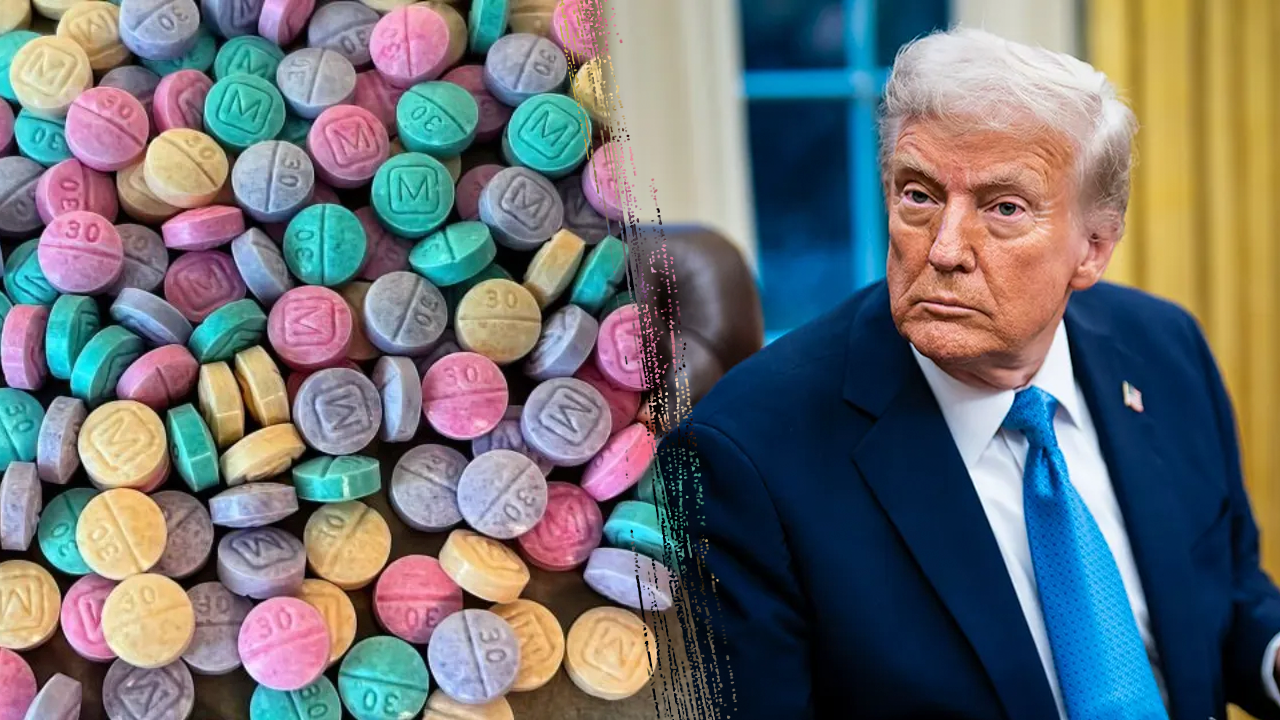Not all boxes are made equally, some sparing sommeliers seem to think.
Though boxed wines are often regarded as repulsive to bacchants beyond the age of 20, leading wine experts say they actually have some merit — if the consumer is choosy about the candidate in question.
“Whites and rosés can be enjoyed very young, so those are good choices for boxed wine. If you are going for a red, choose a young red and not a type of wine where you want some age on it,” sommelier Grace Hood told HuffPost.
Of course, this doesn’t mean all of the cardboard-cased Chardonnays, Cabernets and Concords are the creme de la creme.
Hood also advised picking a product that’s not manufactured by a colossal corporation. This is where harmful — and hangover-inducing — additives like sugar and food coloring typically come into the mix.
As cocktail costs seem to continue soaring with no end in sight — NYC beverage baselines are often beyond $20 — many imbibers are looking to cut corners where they can.
Boxed wines are often cheaper than bottled variants because of the reduced manufacturing rates that cardboard and plastic components typically boast — plus, they’re more sustainable for the everyman and the Earth alike, the outlet pointed out.

“These products were created to minimize the carbon footprint in the wine world and to certainly bring value, convenience and ecology to the consumer,” said Jean-Charles Boisset of California’s Boisset Family Estates, of the innovations in box tech back in 2016.
The plastic bag that lines the interior of the box shrinks as wine is released from it — effectively sealing in the remaining stuff and preventing it from being spoiled by oxygen — so it tends to keep better than its corked cousins, and in some cases, can last for up to six weeks.
Traditionalists needn’t be terrified of the boxed wine renaissance, though — the classic bottle still reigns supreme. But the box is still creeping up the charts.
As previously covered by The Post, top boxed wine brands to look out for include Black Box, FishEye, Banrock Station and BotaBox from California; French Rabbit and La Petite Frog from France; and Maipe from Chile.
Hood echoed this — and advised keeping an eye out for smaller wine labels with natural ingredients.
Read the full article here















